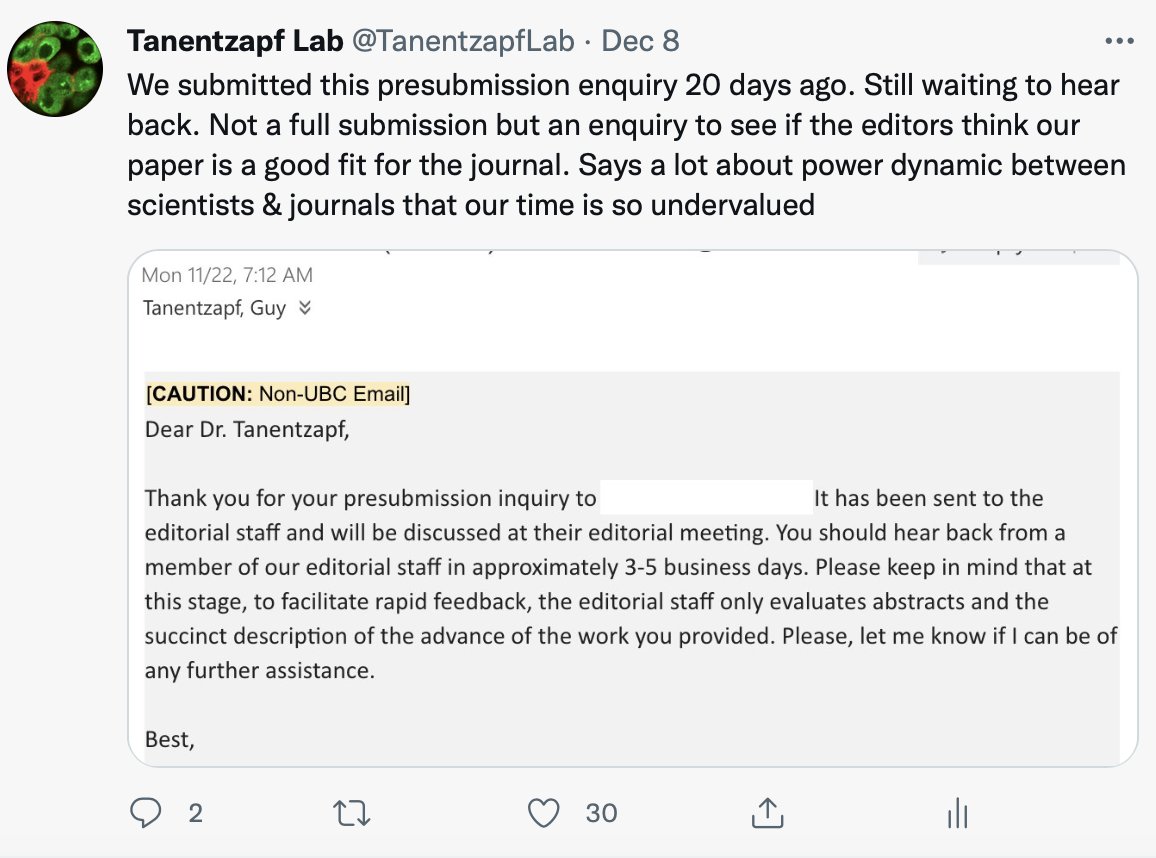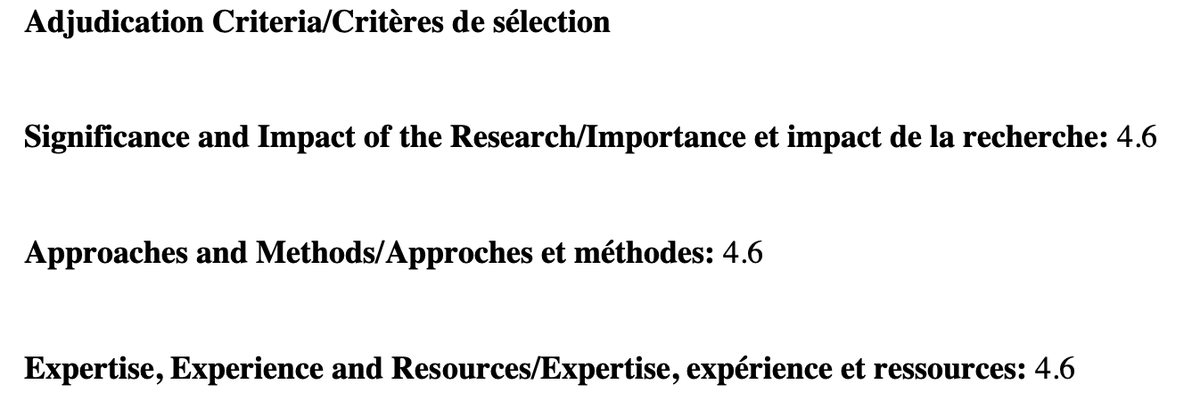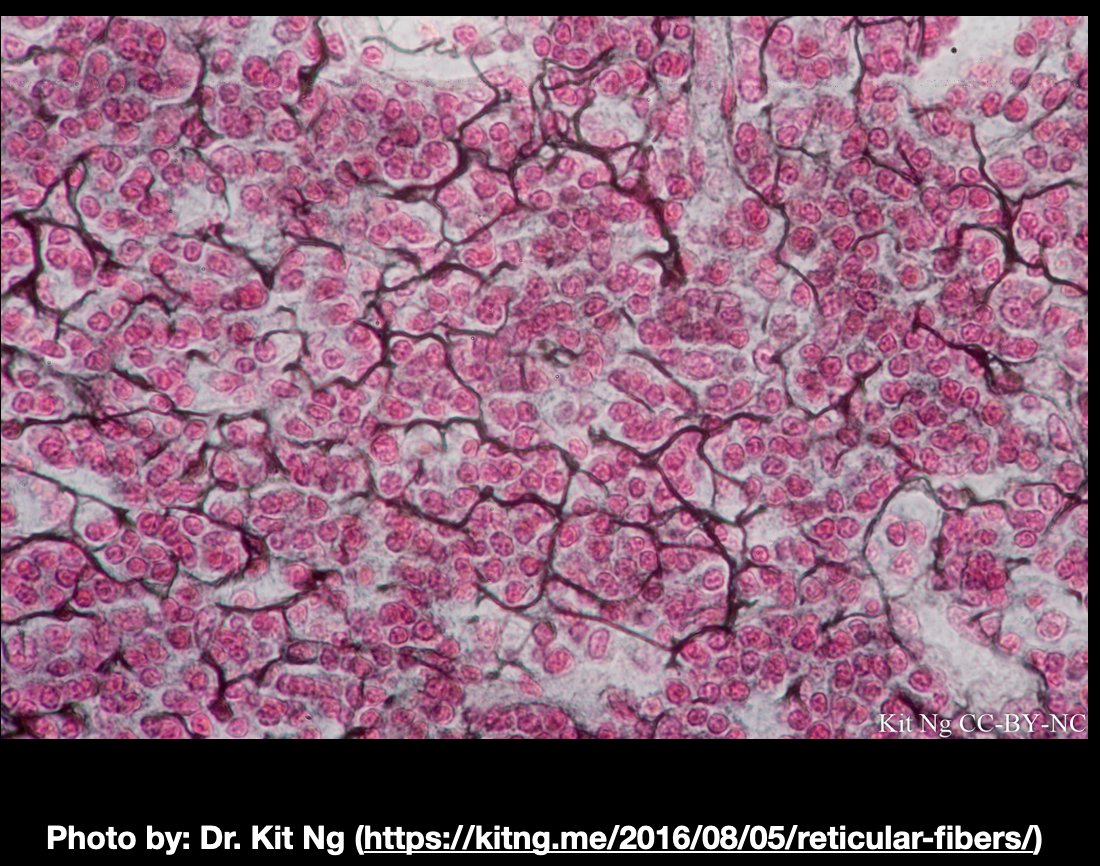
A Cell & Developmental Biology lab @UBC working on the role of cell junctions in development, stem cells, tissue homeostasis. Same user name on Blue 🌌
2 subscribers
How to get URL link on X (Twitter) App






 To follow up: a) The handling editor was the editor in chief (!!!) of this journal. b) People asking which journal this is: am waiting to see if they apologise & provide explanation before naming & shaming (so far crickets). Can say it's a Cell family journal.
To follow up: a) The handling editor was the editor in chief (!!!) of this journal. b) People asking which journal this is: am waiting to see if they apologise & provide explanation before naming & shaming (so far crickets). Can say it's a Cell family journal.







https://twitter.com/deneke_v/status/12641207349783224322. Know you are susceptible to sunk cost fallacy & escalation of commitment. It is helpful to expect yourself to be irrational about such decisions. This means setting up a plan & timelines at the outset when you are MORE rational. en.wikipedia.org/wiki/Escalatio… en.wikipedia.org/wiki/Sunk_cost